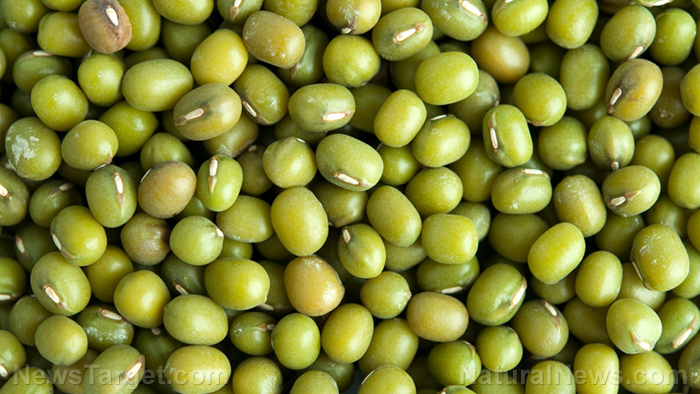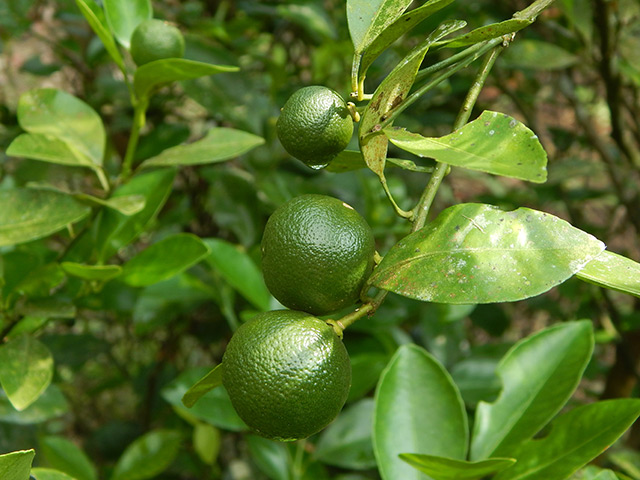Compelling research concludes sesame seed paste can reduce the risk of cardiovascular disease by 39% in only 6 weeks
01/19/2019 / By Isabelle Z.

Heart disease might sound like it’s practically inevitable, with 17.3 million people dying from it each year – a number that is projected to exceed 23.6 million by the year 2030. However, you actually have far more control over it than you think – and you don’t need to take statins or aspirin to reduce your odds.
In fact, research is now pointing to sesame seed paste as a potential preventive measure. A study published in the Archives of Iranian Medicine found that tahini can actually reduce the cardiovascular risk factors among type 2 diabetics. It’s an important finding when you consider that diabetics have a far higher risk of cardiac mortality on account of the unhealthy blood lipid ratios and quantities that are caused by chronically high blood sugar levels and insulin resistance.
In the study, scientists looked at 41 patients with type 2 diabetes, some of whom consumed two tablespoons of tahini with breakfast, while others ate their regular breakfast; both groups’ energy content was maintained within the same range, however.
All of the participants were tested at the beginning of the study and six weeks afterward to determine their triglycerides, cholesterol, blood pressure, and atherogenic index. After just six weeks, the researchers found significant improvements, with the group consuming the sesame seed paste noting a significant decrease in triglycerides. Their atherogenic index, which is an index of heart disease, went down by a remarkable 39 percent.
These participants also enjoyed slight declines in total cholesterol, LDL cholesterol and other atherogenic lipid parameters, along with a slight rise in HDL, or good cholesterol. Their blood pressure, however, remained unchanged.
The findings prompted the researchers to conclude that sesame seed paste could be beneficial in lowering the risk factors for cardiovascular disease among those with type 2 diabetes. The tahini used in the study, Ardeh, had no oils or additives; it was composed solely of ground sesame seeds and is therefore easy to make on your own. As Green Med Info points out, a trial drug that saw such amazing benefits would be heralded in headlines around the world, but because this is a natural treatment with little profit opportunity, it hasn’t been getting a lot of press.
Sesame seeds’ other benefits
This study isn’t the first one to highlight sesame’s benefits in cardiovascular health and diabetes; a study in the European Journal of Preventive Cardiology showed that sesame oil can improve endothelial function in men with hypertension. A study in Clinical Nutrition found that sesame oil can provide synergistic benefits when used with anti-diabetic medications, while a study in the Journal of Medical Food found that switching from other oils to sesame oil reduced diabetics’ blood pressure and glucose.
The benefits don’t end at heart health. One study found that consuming 40 grams of sesame seeds per day, or roughly two tablespoons of tahini, worked better than Tylenol in diminishing the pain of knee arthritis. Another study discovered that consuming sesame can reduce the muscle damage and oxidative stress experienced by soccer players while boosting their aerobic capacity.
Making sesame seed paste is as simple as tossing some organic sesame seeds into your food processor and processing until it forms a fine paste. You can toast them first for a deeper flavor. If you’re interested in making a more flavorful tahini, you can add a pinch of salt and a small amount of sesame oil. You can also use this as an ingredient to make hummus for dipping raw vegetables so you can get a nice vitamin boost while naturally protecting your heart.
Sources for this article include:
Tagged Under:




















